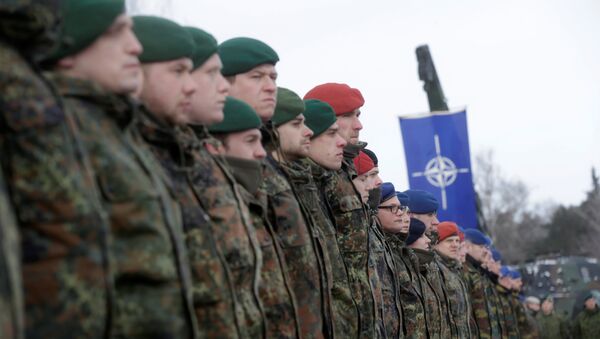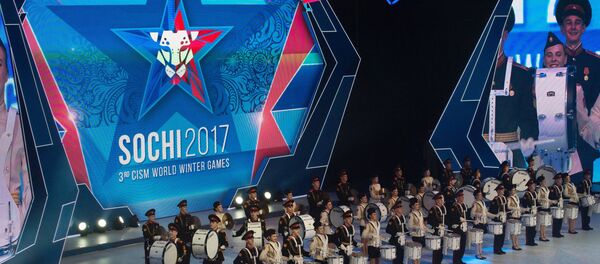"With the Baltic countries and Poland actually we have different approaches towards Russia, it's obvious. We don't see Russia as an existential threat to Hungary. They see Russia as an existential threat to their countries. We don't criticize that, we don't judge that. We respect this position but this is a different approach. I don't want to judge them because they are our allies and this is their country, their life, their mindset… I can tell you, me as a Hungarian, I don't think Russia would be a threat," Szijjarto said.
He added that the NATO expansion had "nothing to do with Russia," adding that he had always called for cooperation with Russia, stressing that dialogue was necessary for a more stable and secure world.
"When I take part on MFA's meeting at NATO, I usually hear two expressions — deterrence and dialogue. I really try to push towards dialogue because my understanding is that for the security of the whole world there must be a proper dialogue between the NATO and Russia. My position is that without dialogue between NATO and Russia the world can be a more dangerous place than current," Szijjarto said.
Since 2014, after Crimea rejoined Russia, NATO has been increasing its military presence in Eastern Europe, using the countries’ vulnerability to alleged Russian aggression as a pretext. Moscow has repeatedly criticized the increased presence of the alliance’s troops and military facilities close to the Russian borders.



